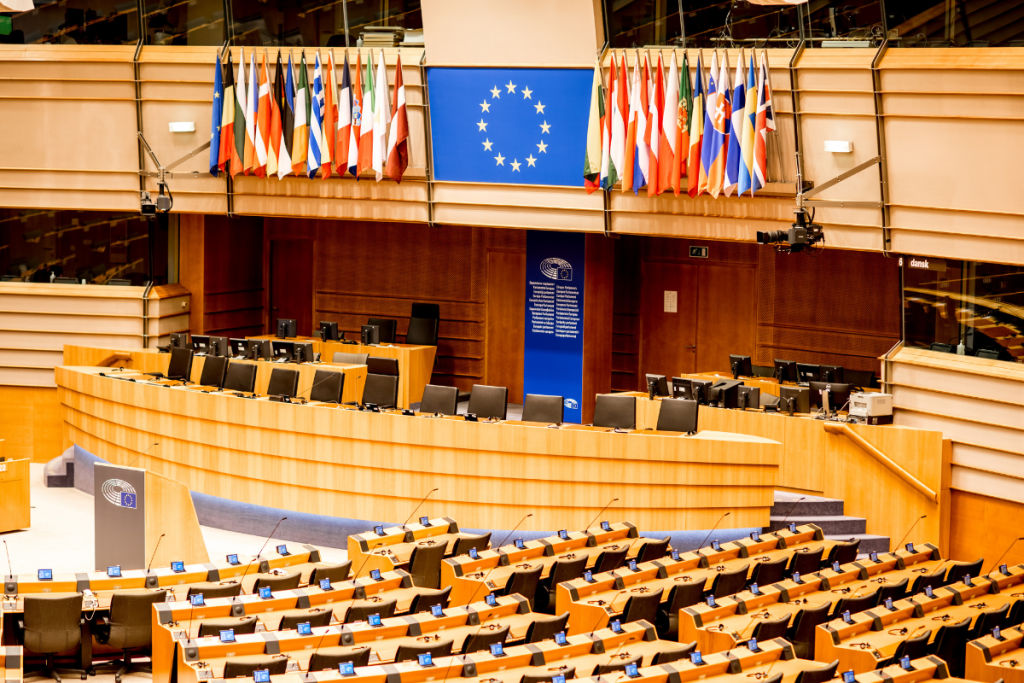EU governments have backed significant rollbacks to the Corporate Sustainability Due Diligence Directive, a move that drastically limits which companies must screen for human rights and environmental abuses in their supply chains. The decision signals a broader pivot away from ambitious ESG regulation in favor of economic deregulation.
Threshold Raised, Scope Shrunk
In a decisive move on Monday, all 27 EU member states approved the Council of the EU’s final position on the bloc’s Corporate Sustainability Due Diligence Directive (CSDDD), drastically raising the bar for which companies must comply.
Under the revised proposal, only firms with over 5,000 employees and €1.5 billion in turnover would be required to monitor their supply chains for labor abuses and environmental violations, a major increase from the Commission’s earlier threshold of 1,000 employees and €450 million.
This adjustment would exempt the vast majority of European businesses from the directive, with fewer than 1,000 companies still in scope. Equally significant is the Council’s decision to scale back the obligation to direct suppliers only, abandoning a core principle of full supply chain accountability. The implementation timeline would also be extended by one year, giving member states until at least 2027 to transpose the law.
The Council’s revision reflects growing pressure from some governments and business groups to ease compliance costs amid ongoing economic uncertainty. It also underscores France’s growing influence in shaping regulatory policy within the bloc, with the final proposal adopting key elements of the French government’s deregulatory stance.
Green Rollbacks Gain Momentum Across the EU
This latest move follows the Commission’s abrupt cancellation of negotiations on anti-greenwashing legislation last week, raising alarm among environmental advocates and progressive lawmakers. The rollback trend has drawn criticism for undermining the EU’s previously strong position on sustainability, particularly at a time when global standards on ESG due diligence are gaining traction.
The political calculus is shifting as member states seek to stimulate growth through regulatory simplification. Denmark, which assumes the rotating Council presidency in July, will now lead trilogue negotiations with the European Parliament and the Commission, where sharper divisions are expected. The Parliament has historically favored stricter due diligence rules and may push back against the dilution of supply chain accountability.
Loopholes Today, Legal Risk Tomorrow
While the Council’s revisions aim to shield businesses from short-term compliance burdens, they may be laying the groundwork for a fractured regulatory environment that ultimately raises legal risk. Multinational firms operating across jurisdictions are unlikely to benefit from watered-down EU rules if they remain subject to more rigorous frameworks elsewhere—such as Germany’s Lieferkettengesetz, France’s Duty of Vigilance Law, or the emerging U.S. forced labor disclosure mandates.
As enforcement actions and litigation risks continue to grow in ESG-sensitive markets, companies may find that voluntary alignment with higher standards is not just reputationally safer—it’s operationally prudent.







